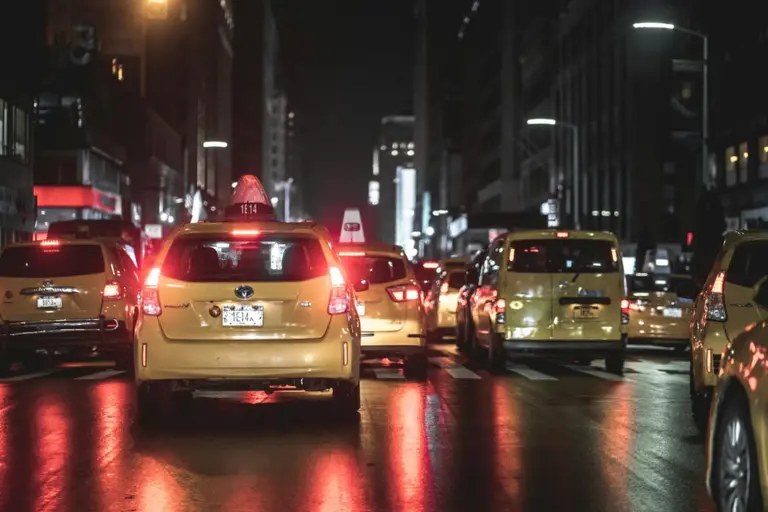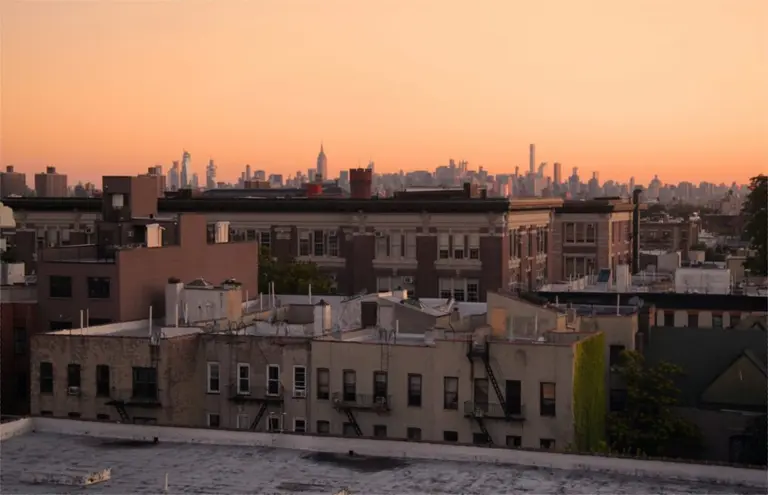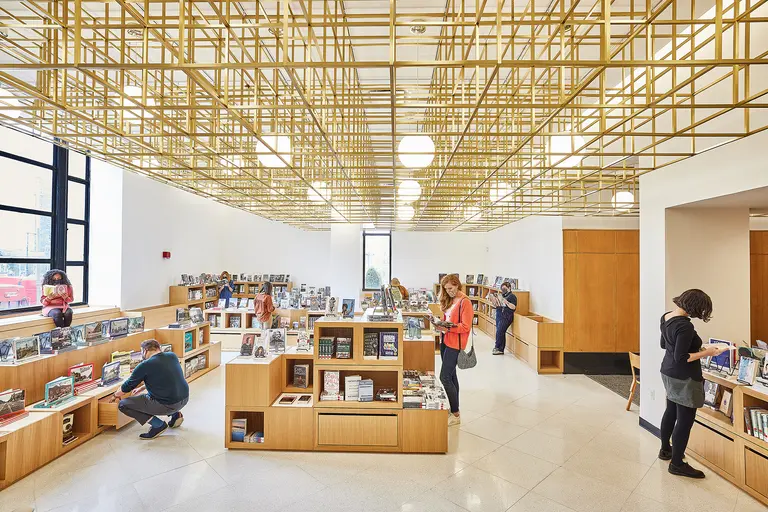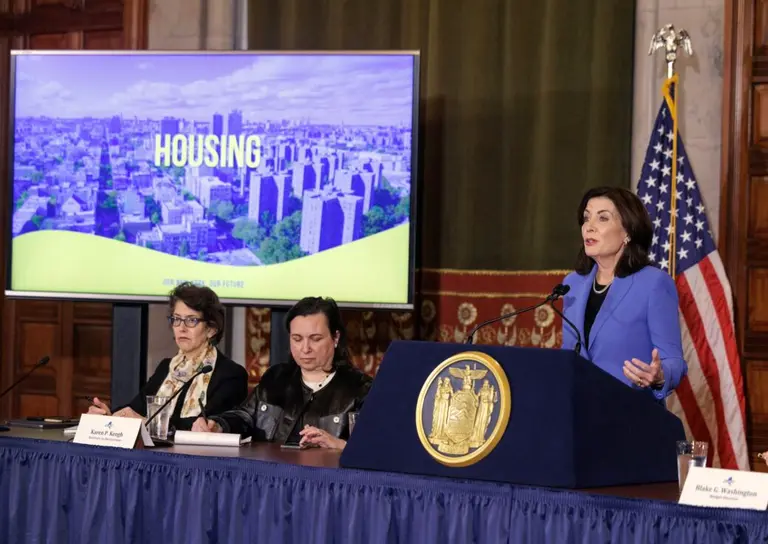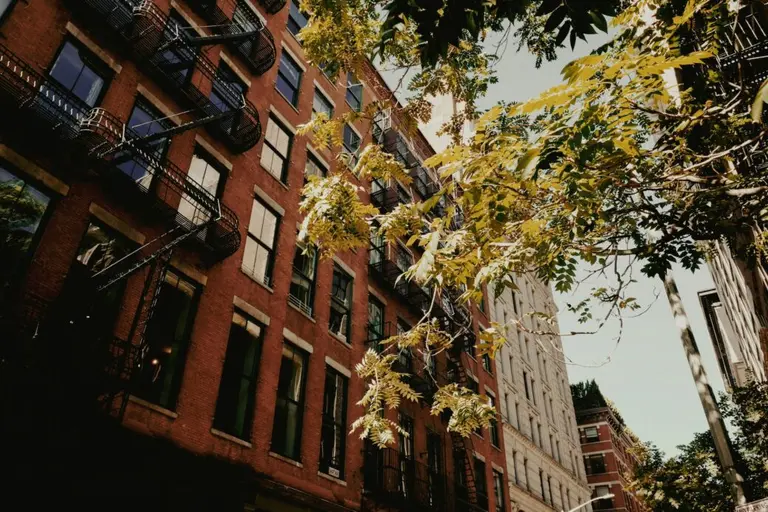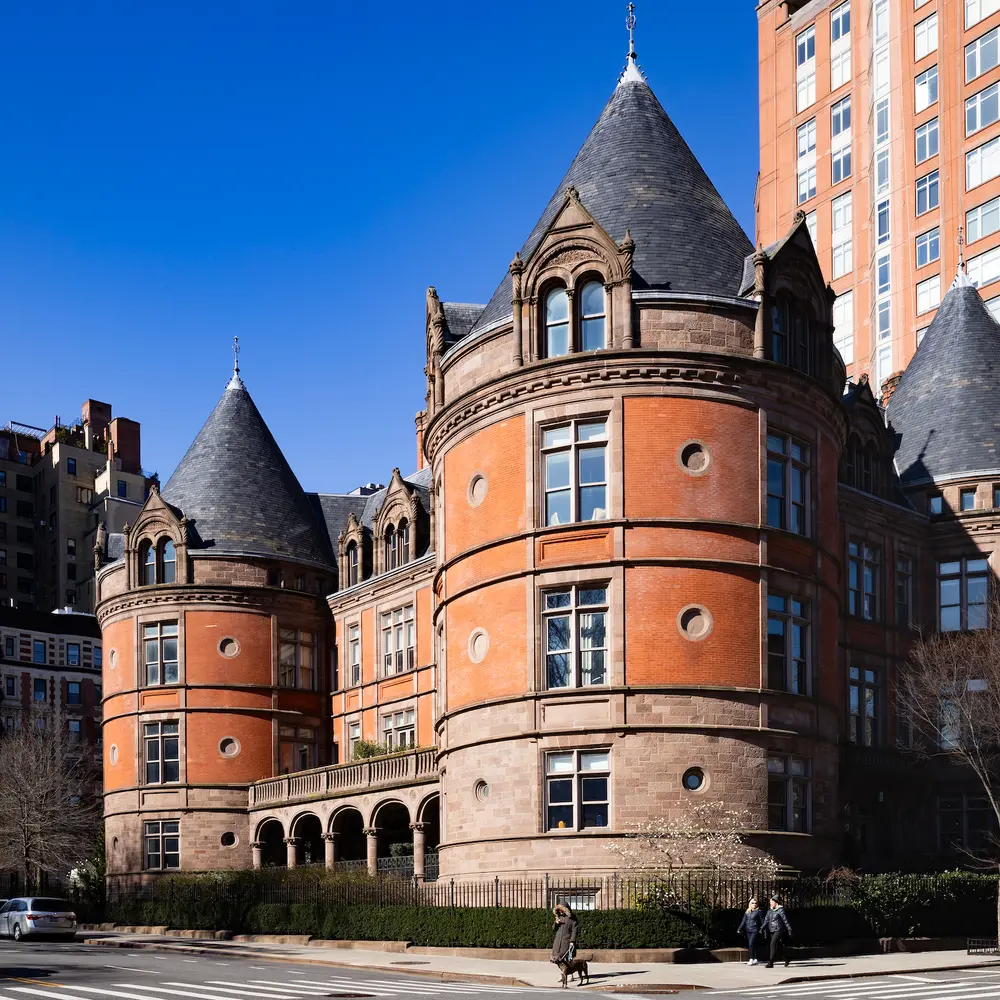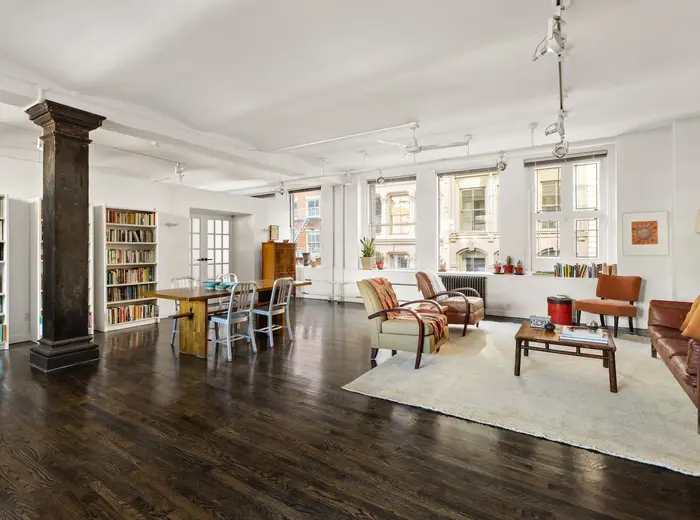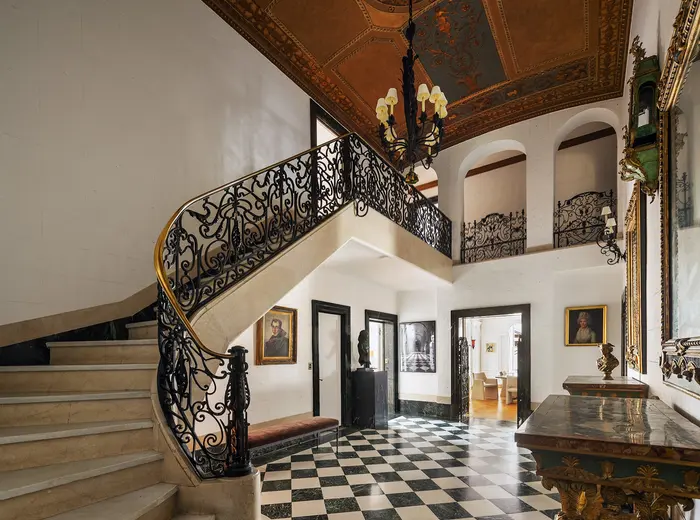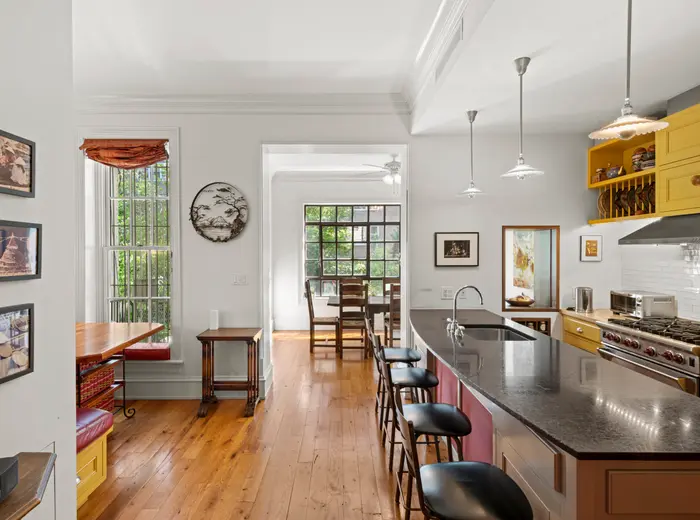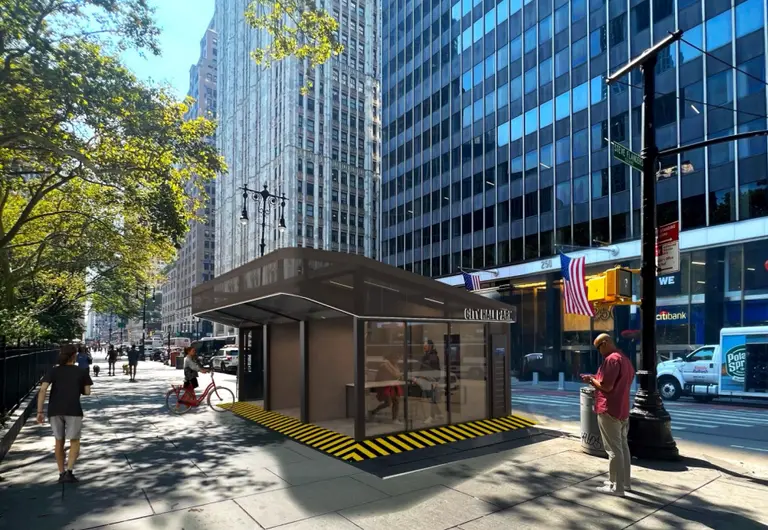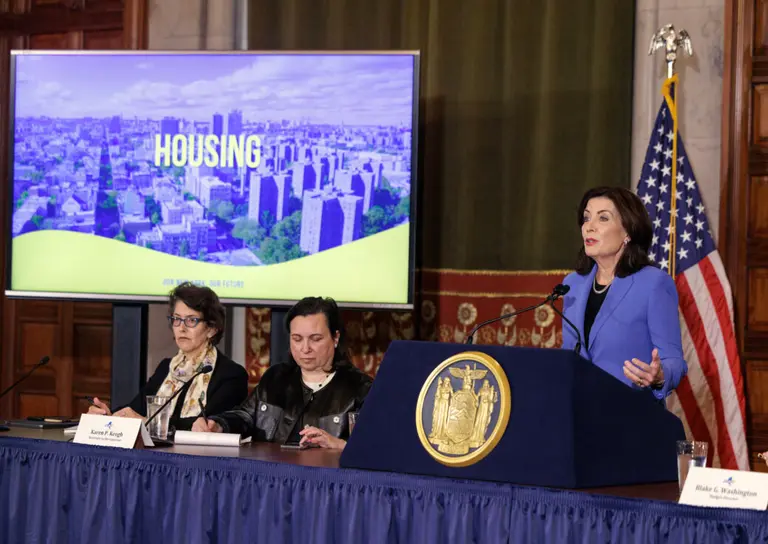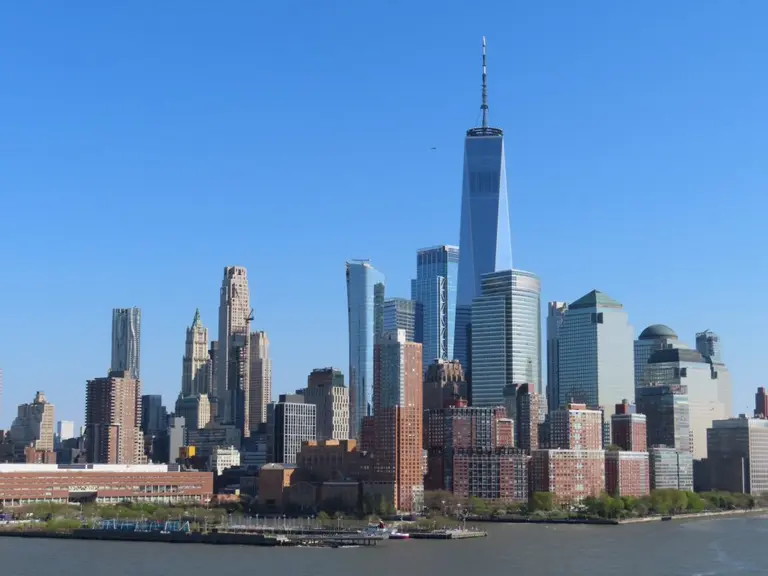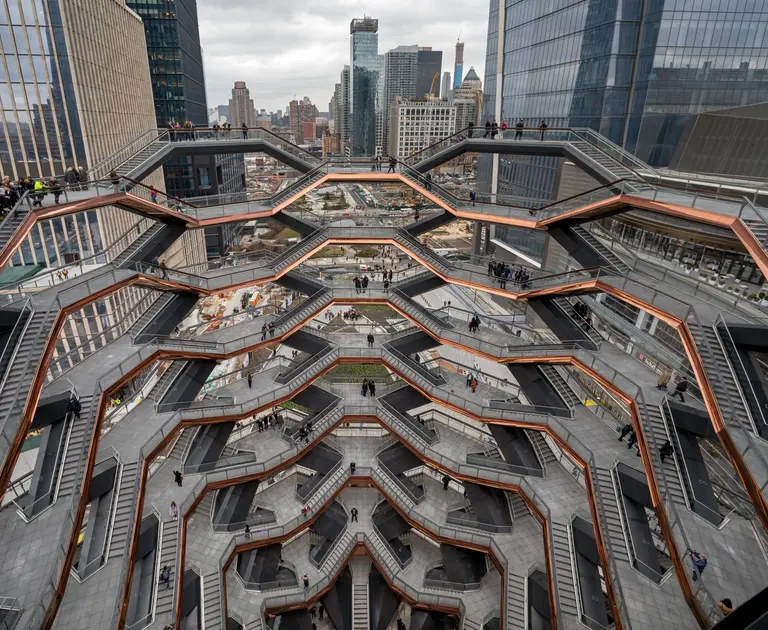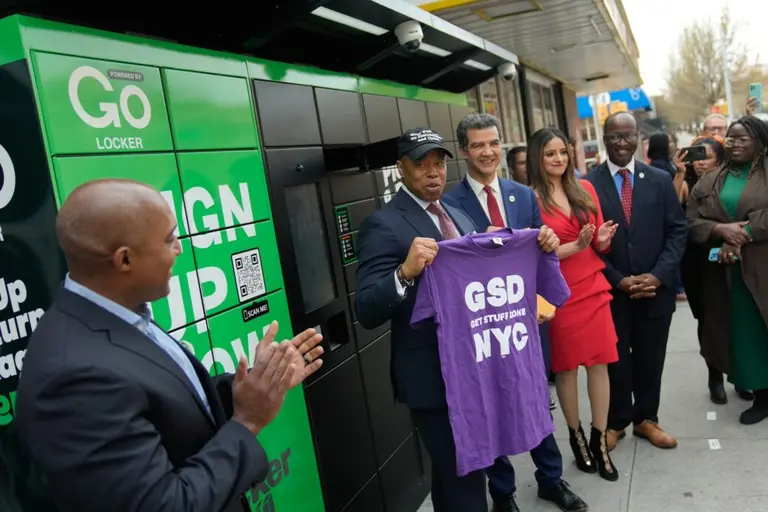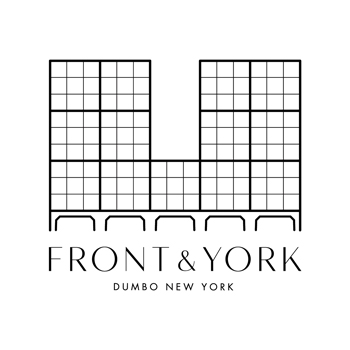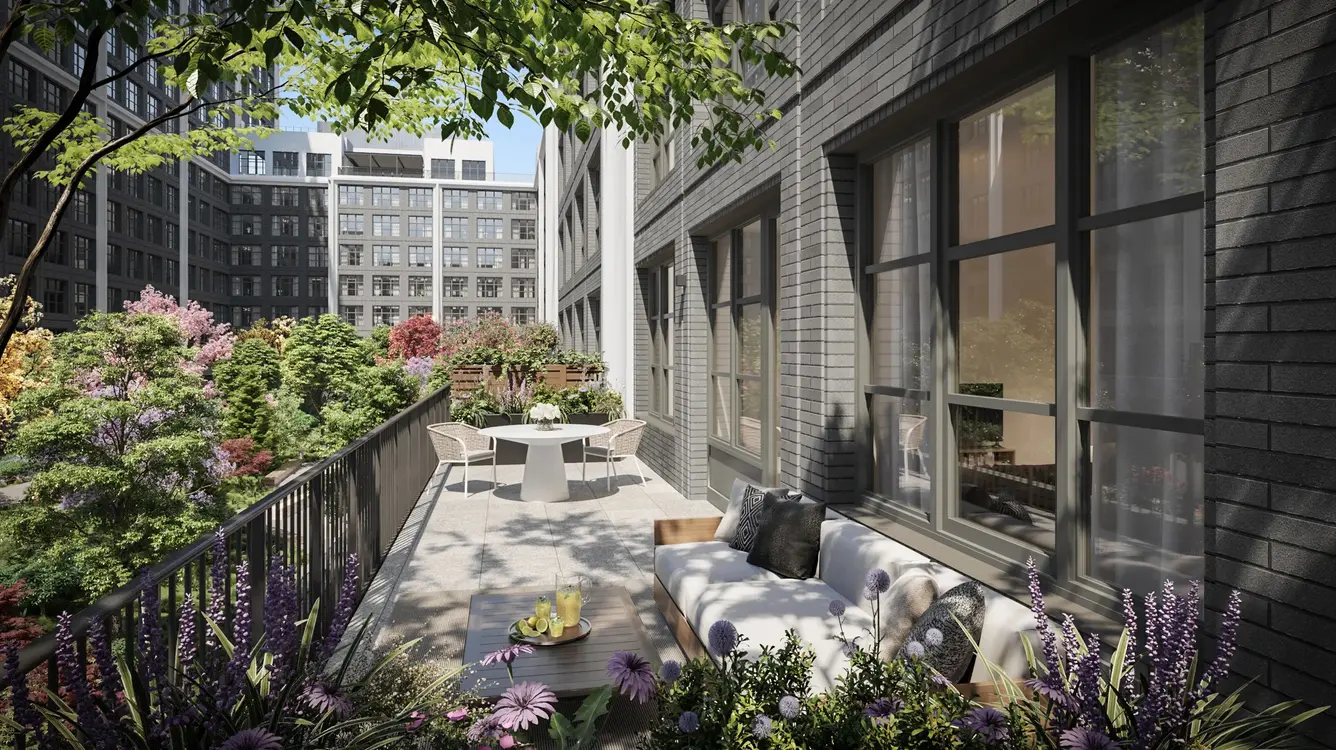Since March, thousands of small businesses in NYC have closed for good
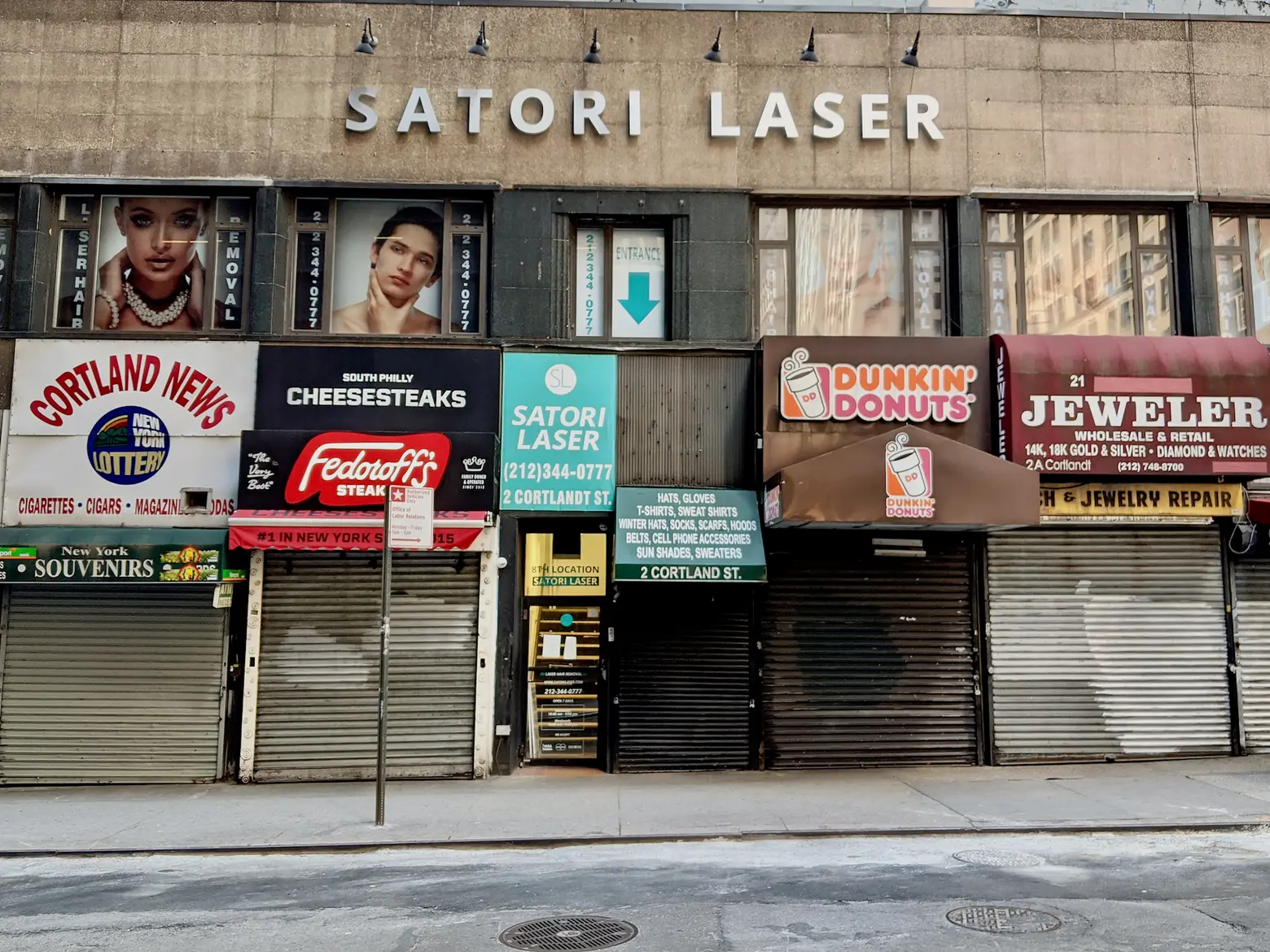
Photo by Peter Burka on Flickr
New York City small businesses are barely hanging on. More than 2,800 have closed permanently since March 1, the New York Times reported. And when the pandemic eventually subsides, as many as one-third of the city’s 230,000 small businesses may not reopen, according to a report from the Partnership for New York City. Despite the city reaching the final and fourth phase of reopening, the distribution of millions of dollars in aid, and creative measures to help shops survive, thousands of businesses remain at risk.
After nearly three months of lockdown, the city began a phased reopening on June 8, reaching phase four, the last under the state’s plan, about six weeks later. While there has been a slight economic rebound since the start of phase one, unemployment reached about 20 percent in June, compared to 4 percent last year.
Because of the pandemic, as many as 520,000 small business jobs have been lost at companies with fewer than 500 employees. About 285,000 jobs were lost from businesses with fewer than 50 employees. A dashboard tracking the city’s economic recovery from the Manhattan Chamber of Commerce shows no growth in hiring in retail, arts and entertainment, restaurant, and hotel jobs, the hardest-hit industries in the city.
Despite city programs like Open Restaurants, which lets restaurants set up outdoor seating on sidewalks, patios, and adjacent parking lots, owners are still struggling to stay afloat. According to a survey of 500 restaurant owners and operators by the NYC Hospitality Alliance, 83 percent could not pay full rent in July, with 37 percent of businesses not paying at all.
Mayor Bill de Blasio announced on Monday plans to bring back outdoor dining next summer, with the potential to restart the program earlier.
Indoor dining was originally planned to reopen under phase three, but Mayor Bill de Blasio and Gov. Andrew Cuomo agreed to postpone this part of the phase because of spikes in coronavirus cases in the rest of the country. According to the Times, owners bought extra food and supplies to serve larger crowds.
“While complying with the necessary pause, our industry has been uniquely and financially devasted,” Andrew Rigie, executive director of the NYC Hospitality Alliance, said in a statement.
“Small businesses urgently need solutions from government leaders at the city, state, and federal level, inclusive of extending the moratorium on evictions, extending the suspension of personal liability guarantees in leases, pausing commercial rent taxes, providing landlords with needed support, and infusing small businesses with enough cash to weather the storm.”
The city has distributed $48 million in grants and loans for small businesses affected by the pandemic and by looting in June, as the Wall Street Journal reported. According to the Department of Small Business Services, about 5,700 businesses applied for the payroll grant program, with 3,400 receiving median grants of $5,500. More than half of the businesses that received the grants are located in Manhattan.
The federal Paycheck Protection Program helped some businesses in New York City, but not equally across the five boroughs. According to the dashboard from the Manhattan Chamber of Commerce analyzing U.S. Small Businesses Administration data, affluent neighborhoods were granted more PPP loans.
According to RentHop, Greenpoint, Park Slope, the Financial District, and Carnegie Hill received 70 percent or more in assistance. NYC neighborhoods with the five-highest percentages for PPP funding were Greenpoint (78.2%), Park Slope (78%), Brooklyn Heights (73.9%), the Financial District (71.5%), and Carnegie Hill (70.6%).
Small businesses in New York owned by minority or female owners are particularly vulnerable, according to a report from Comptroller Scott Stringer. In a survey of 500 city-certified minority and women-owned enterprises (M/WBEs), 85 percent say they cannot survive with current cash on hand and 30 percent say they can not survive the next 30 days. These businesses also faced barriers to receiving COVID-19 relief funding, according to Stringer’s office.
A report released last week from Council Member Keith Powers, the NYC Hospitality Alliance, and the Manhattan Chamber of Commerce lays out ways the city can help small businesses now. The group wants the city to waive the Commercial Rent Tax, which charges commercial businesses located south of 96th Street in Manhattan, during the current state of emergency. Powers has introduced legislation co-sponsored by Council Member Margaret Chin that would temporarily suspend the tax during the health crisis for businesses with a base rent lower than $1 million.
“This is money back in the hands of small business owners,” Powers said in a press release. “Right now, New York City is experiencing a state of emergency and our response to help businesses recover must be commensurate. Relieving payment of the commercial rent tax at this time is a tangible benefit for businesses.”
Other small business-saving measures in the report including making outdoor dining permanent, expanding the current eviction moratorium by a year for commercial tenants, providing federal aid to theaters and music venues who will be the last to reopen, establishing grace period for fines and fees, extending relaxed liquor authority rules for takeout and delivery, and extending financial support to undocumented workers.
RELATED:
